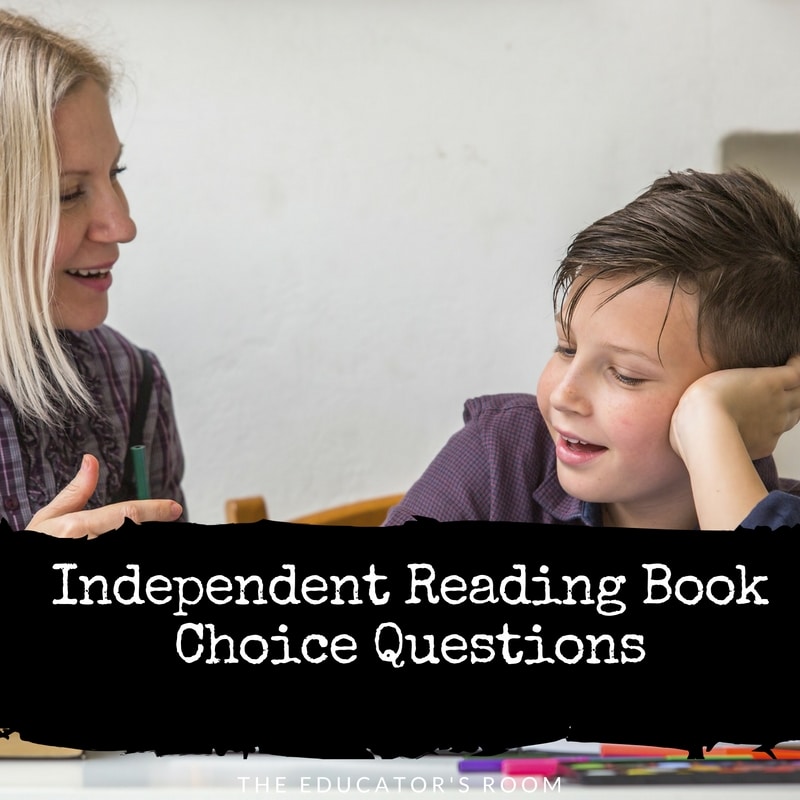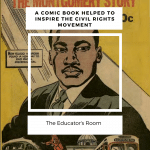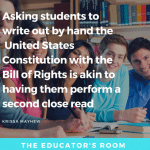Independent reading in our school grades 7-12 means students read books of their own choosing, make recommendations, and keep records of what they read. Because of a illness on my staff, we have a substitute (Natalie) who is an enthusiastic graduate of our high school school with a BS degree in Creative Writing. She has been serious in tackling her lack of experience in the classroom through her best characteristic…she asks questions. She asks a lot of questions.
One of the latest questions she asked was about implementing independent reading. She seemed doubtful. So, I suggested that she have students use books they read independently to make connections with the most recent whole class novels such as Speak by Laurie Halse Anderson.
“You can ask them if they can make a generic ‘coming of age’ connection between Speak and a book of their choosing,” I suggested.
“But what if they choose a book that doesn’t have that connection? What if they choose a book that is too young for them?” she continued, “or a book that they already read? How do I know what they should be reading?”
I recognized her questions; I had those same questions myself several years ago.
So, I sat her down and showed her the following Penny Kittle video that is available through Heinemann Publishers on YouTube under the title “Why Students Don’t Read What is Assigned in Class.” She had the same reaction I did when I first saw that video.
“Wow,” she said, “I get it. They should read what they want.”
Question answered.
My department is just noticing the benefits after a few years of implementing book choice. We are lucky to have an 80-minute block schedule with the luxury of offering 15-30 minutes a class for Silent Sustained Reading (SSR) independent choice books. We have large classroom libraries with high-interest titles and a wonderful school library (with Overdrive e-books available) to offer students choice in what they read. When we tell students to pull out their SSR book, they are prepared and settle in to read.
Some classes suggest that a book should be in a particular genre. Our English IV-Memoir class reads memoirs or biographies. The English II class is based on World Literature, and students read at least one book during the year by an author who is not American. The critical requirement is that each student chooses a book. There is no leveled reading; students can choose a book below their reading ability or they can attempt a book above theiLexilele level. They learn what to choose to read because they have control of what they want to read.
Penny Kittle, an English teacher and literacy coach at Kennett High School in North Conway, New Hampshire, wrote a guide to helping students read independently titled Book Love. In this text, Kittle offers strategies to help teachers increase the volume of what students read and to deepen student thinking about what they read.
One of the strategies several of our teachers use is to have students respond to reading through the software Shelfairi (Amazon) where they record what they are reading and make connections to other books. I can organize each class in virtual groups and pose general questions for responses. These short responses prepare me for conferences or allow me to respond directly on the software with links or information or suggestions.
Regardless of platform, sharing what students choose to read is critical to helping them develop a love of reading. The advertisement for Kittle’s Book Love states,
“Books matter. Stories heal. The right book in the hands of a kid can change a life forever. We can’t wait for anyone else to teach our students a love of books—it’s up to us and the time is now. If not you, who?”
And that is a very good question.






